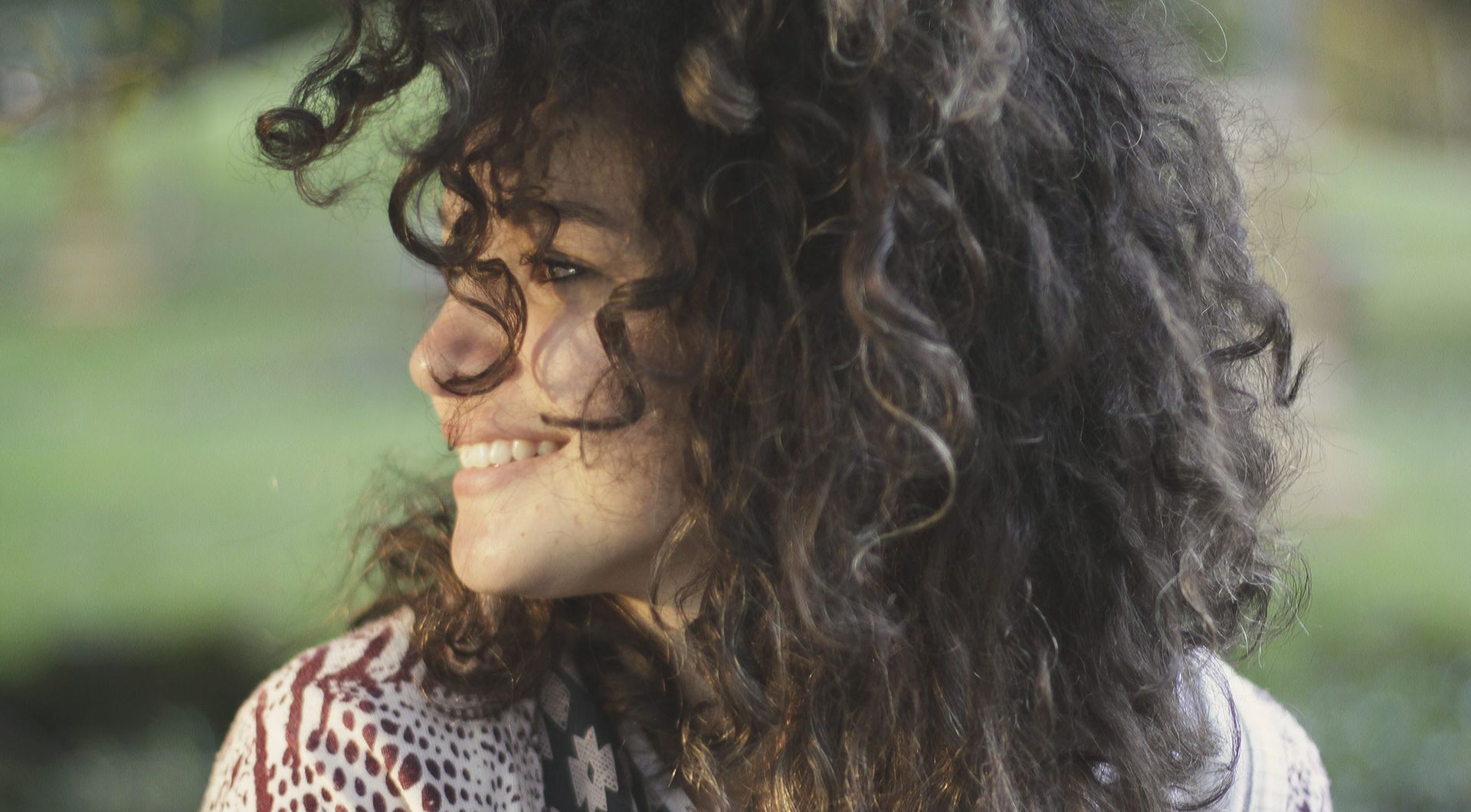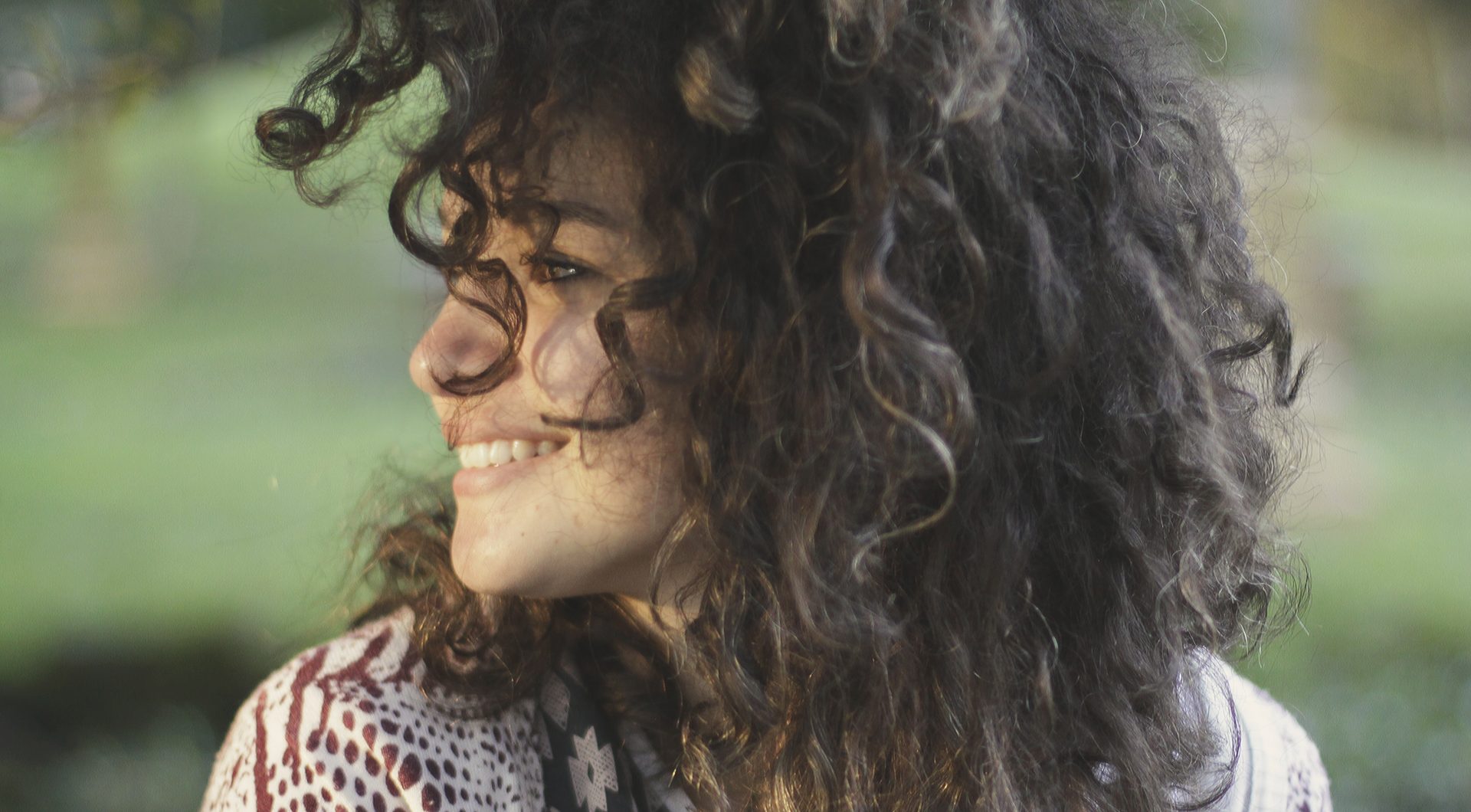
The roots of Irritable Bowel Syndrome go deeper than you think, to the source of all our suffering.
We get many emails from people looking for IBS treatment. And we’re not surprised.
The World Health Organisation recommends acupuncture as IBS treatment. Treating it with Western medicine is proving to be “difficult’.
But many of the IBS sufferers who contact us also mention emotional difficulties. A coincidence?
No.
The connection you probably didn’t see coming
They list anxiety and depression alongside the bloating, gas, indigestion, belching and stomach sickness. It may not be obvious at first, but the mental and physical symptoms share the same roots.
Again, this is of no surprise to our doctors. Their combined clinical experience is over 190 years.
And when it comes to replying to those emails, the doctors connect the dots:
Chinese herbs and acupuncture as natural IBS treatment
First, they explain the use of acupuncture and Chinese herbal medicine as IBS treatment. Together, the two can ease those persistent stomach discomforts. They can reduce the symptoms that cause so much suffering to IBS patients.
But the purpose of Chinese medicine as IBS treatment is not a quick fix. Rather, its about a gradual strengthening of the Liver area.
Seeing Liver as a key part of the digestive system makes sense. The organ plays a prominent role in the body’s detox processes.
With the right Chinese herbs and acupuncture treatment, the improvement in IBS should be obvious.
After the treatment, you should be able to get on with your daily life with more ease and confidence. Free from fear of those ’embarrassing’ symptoms.
How to connect the dots
What is less obvious is the emotional aspect of IBS. And that’s when our doctors go on to emphasise the role of your mental well-being.
They explain how the IBS treatment should be holistic. It should treat not just the stomach. It must consider other aspects of your health, including stress, any depression or anxiety.
Chinese medicine sees the relation between the digestive and emotional health. Our doctors would never reduce the illness to ‘it’s all in your head’. But there is a psychosomatic aspect to IBS. It’s a common diagnostic detail. Common, but often overlooked.
Western treatment focuses on the physical mechanics of digestion. Its paradigm has no room for the emotional.
But your psycho-emotional health can influence your digestive health.
To treat IBS – and to prevent it from recurring – requires you to treat stress, anxiety, and depression. And it requires strengthening your body against those mental stressors. IBS will persist for as long as its emotional triggers remain unaddressed.
It’s obvious that IBS treatment should first target the digestive system. Yet the key that is overlooked by so many is treating the emotions.
Where does emotional suffering come from?
You don’t have to be a Buddhist to admit that emotional suffering comes from dissatisfaction with how things are.
When things don’t turn out in your life the way you’d prefer, you suffer from disappointment.
If you feel things won’t improve and match your expectations, you suffer depression. If you feel things are going to be too uncomfortable, you suffer anxiety. And as you watch your detailed plans unravel you suffer stress.
A big change in life can also cause depression. Even a positive change can be unnerving. You may suffer from stress and anxiety as you contemplate all the things that can go wrong.
Greek philosopher Heraclitus said that “the only thing that is constant is change”. And let’s face it, change can be stressful, unsettling and disappointing.
How we treat IBS holistically
We focus our treatment on REDUCING SYMPTOMS to give short term relief and IMPROVING EMOTIONAL RESILIENCE for long term benefits.
We offer some dietary advice too but our approach is to improve your health so that you do not have to be too restrictive with your meals.
As the only constant in life, change is inevitable. But recurring IBS shouldn’t be.
STOP SUFFERING. GET HELP AT OUR DIGESTIVE HEALTH CLINIC NOW
FIND OUT MORE ABOUT DIGESTIVE HEALTH HERE

